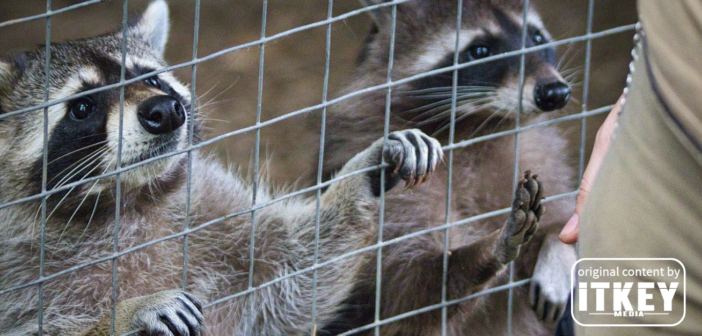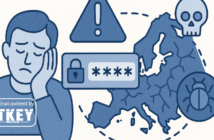The post was originally published in Polish on Szymon’s LinkedIn profile. Szymon kindly agreed to republish what we think is of great value to our readers.
They say startups are like wild animals. Dignified, predatory, unpredictable. However, the market is trying to domesticate them at all costs. As a result, the jungle becomes a zoo where without free provisions in the form of capital served from the caretakers, companies collapse one by one.
The ecosystem is full of animalistic comparisons at every turn. Some startups are camels that resolutely use resources and cope with all conditions. Others are zebras that focus on gregarious, profit-based sustainability. We also have donkeys who stubbornly try to pretend that they have made a real revolution. And once in a million, there will even be a mythical unicorn. However, there is a contradiction here. Because if the best one is supposed to survive, and companies are supposed to be like predators, fighting for survival every day, then why are we destroying this ecosystem ourselves?
The market, which abounds in easy capital, with dozens of funds, is most often rated unambiguously well. After all, we promote innovation. It is relatively rare to look at it from a different perspective. The ecosystem, which is flooded with cheap, usually public, money, also has its dark side. First of all, it teaches that instead of fighting to survive, you have to surround yourself with the caretakers. Instead of selling, making money, looking for capital from customers and being creative, stubborn, original in all this – companies do hunt, but for investors. They become an end goal. Companies collect money without making money. And that, contrary to appearances, can be easier. However, as soon as the funds run out, startups can no longer do without them in the wild.
In an environment where the best individuals should be at the top of the food chain, we turn money into a social benefit. It becomes available to almost everyone. Companies that should have collapsed a long time ago are alive only because there is so much capital that it is no longer possible to give it only to the best. This disturbs the hierarchy and functioning of the whole.
We also teach that you have to follow certain rules – instead of focusing on uniqueness, we promote fitting into the frame, doing the right thing, and getting rewarded for it. So why lean out? It’s better to do what everyone else does.
As a result, we turned an incredible, unpredictable, and mysterious jungle into a common, publicly funded zoo, turning everything upside down. But has anyone seen a mythical unicorn born and raised in such a garden?
An excess of easy money in the market is not always unambiguously good. It inhibits competition and the will to fight to be the best. Sometimes it is worth thinking about the consequences of such a way of building an ecosystem, because when the tap is turned off, companies can no longer survive on their own, this is not what they were taught. And we applaud that.

Szymon Janiak is an investor and a business-driven Managing Director at czysta3.vc, a Venture Capital fund located in Poland. He has over 10 years of experience in the technology sector. Szymon is also a Member of the Supervisory Board at stockbroker Grupa Trinity S.A.





